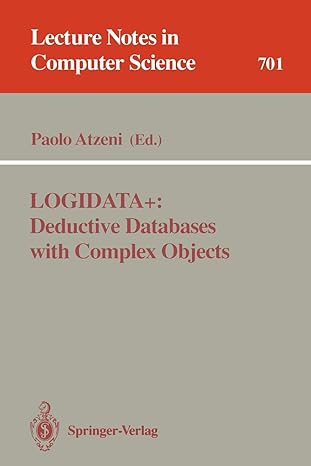Question
Hello, I've been trying to implement the pseudocode for the sorting algorithms: insertion, merge, heap and quick sort When I run the code below, only
Hello, I've been trying to implement the pseudocode for the sorting algorithms: insertion, merge, heap and quick sort
When I run the code below, only quicksort and insertion sort organize the array, however mergeSort and heapSort give me errors in the ouput window. I used the following pseudocodes to write the codes, you can use them to compare them with mine since they follow the same format.
I have been testing the codes in line 47, between the start time and stop time this project
please help me find the errors in these 2 functions so the array sorts , also can you write the comments so that i know what I did wrong, thank you for your help in advance
For MERGESORT:
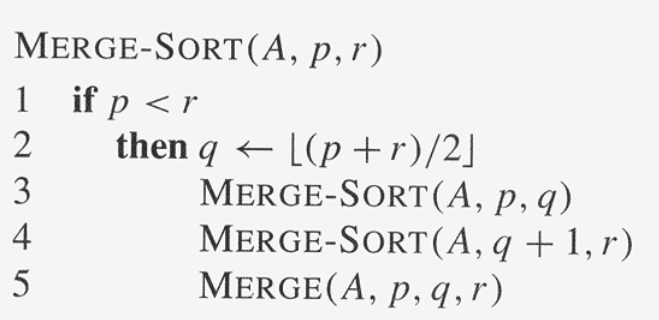
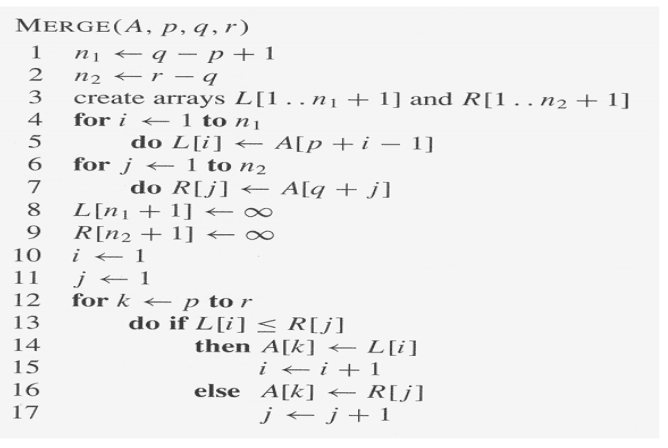
For HEAPSORT I had trouble with HeapSize the most
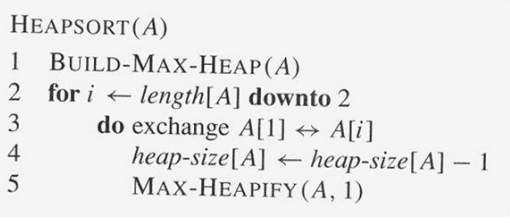
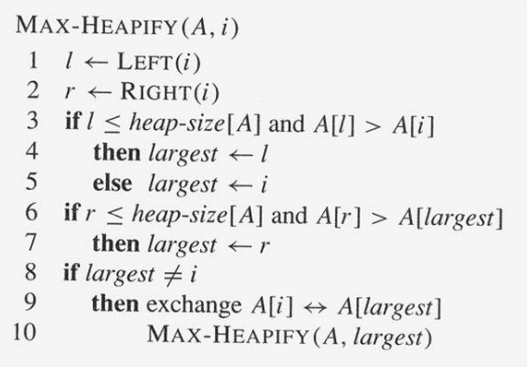
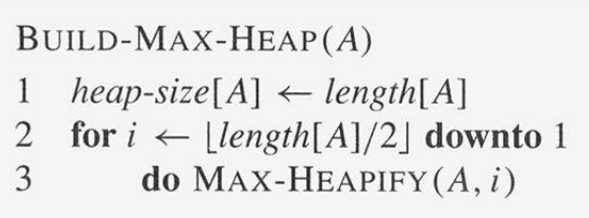
#include
#include
#include
#include
#include
#include
using namespace std;
void InsertionSort(int[], int);
void MergeSort(int[], int, int);
void HeapSort(int[], int);
void QuickSort(int[], int, int);
void MERGE(int[], int, int, int);
int PARTITION(int[], int, int);
void MAX_HEAPIFY(int[], int,int);
void BUILD_MAX_HEAP(int[], int);
int heapSize;
int main()
{
// this is how you make a random array
/*
a.This program randomly generates three integer arrays A1, A2, and A3 of sizes N = 10^3, 10^5, and 10^7
(or 10^6, if your computer cannot handle an integer array of size 107), in that order
b. run all four sorting algorithms and record the number of comparisons between array elements and actual elapsed times in appropriate time
units, for instance, milliseconds.
*/
int RandomArray1[100];
int RandomArray2[10000];
int RandomArray3[100000];
// this function generates random numbers using the clock
srand((unsigned)time(0));
for (int i = 0; i
{
// the first i will in RandomArray1
RandomArray1[i] = rand();
//cout
}
// InsertionSort(RandomArray1, 100); works good! sorts the array
//QuickSort(RandomArray1, 0, 99); works good! sorts the array
auto started = std::chrono::high_resolution_clock::now();
// test the function
MergeSort(RandomArray1, 0, 99);
auto done = std::chrono::high_resolution_clock::now();
cout (done - started).count()
for (int i = 0; i
{
cout
}
/*
for (int i = 0; i
{
RandomArray2[i] = rand();
}
for (int i = 0; i
{
RandomArray3[i] = rand();
}
*/
return 0;
}
void InsertionSort(int arr[], int n)
{
// n is the length of the arraty
auto started = std::chrono::high_resolution_clock::now();
/* Function to sort an array using insertion sort*/
int i, key, j;
for (j = 2; j
{
key = arr[j];
i = j - 1;
/* Move elements of arr[0..i-1], that are
greater than key, to one position ahead
of their current position */
while (i >= 0 && arr[i] > key)
{
arr[i + 1] = arr[i];
i = i - 1;
}
arr[i + 1] = key;
}
auto done = std::chrono::high_resolution_clock::now();
cout (done - started).count()
}
void MergeSort(int arr[], int p, int r)
{
int q;
if (p
{
q = (p + r) / 2;
MergeSort(arr, p, q);
MergeSort(arr, q + 1, r);
MERGE(arr, p, q, r);
}
}
// n is the length of the array
void HeapSort(int arr[], int n)
{
auto started = std::chrono::high_resolution_clock::now();
BUILD_MAX_HEAP(arr,n);
// this for loop shows decrement
for (int i = n; i > n; i--)
{
// 1 is the root of the heap
swap(arr[1], arr[i]);
heapSize = heapSize- 1;
MAX_HEAPIFY(arr, 1, heapSize);
}
auto done = std::chrono::high_resolution_clock::now();
cout (done - started).count()
}
void QuickSort(int arr[], int p, int r)
{
int q;
if (p
{
q = PARTITION(arr, p, r);
QuickSort(arr, p, q - 1);
QuickSort(arr, q + 1, r);
}
}
int PARTITION(int arr[], int p, int r)
{
int x = arr[r];
int i = p - 1;
for (int j = p; j
{
if (arr[j]
{
i = i + 1;
// do exchange
swap(arr[i], arr[j]);
}
}
// do exchange line 7 on pseudocode
swap(arr[i + 1], arr[r]);
return (i + 1);
}
void MERGE(int arr[], int p, int q, int r)
{
// pointers create array because value is changing
int* Larray;
int* Rarray;
int n1 = q - p + 1;
int n2 = r - q;
int i, j;
// assign new dynamic value, use pointers when u do not know the size
Larray = new int[n1 + 1];
Rarray = new int[n2 + 1];
// this is not a nested loop
for (int i = 1; i
Larray[i] = arr[p + i - 1];
for (int j = 1; j
Rarray[j] = arr[q + j];
Larray[n1 + 1] = INFINITY;
Rarray[n2 + 1] = INFINITY;
i = 1;
j = 1;
for (int k = p; k
{
if (Larray[i]
{
arr[k] = Larray[i];
i = i + 1;
}
else {
arr[k] = Rarray[j];
j = j + 1;
}
}
}
void BUILD_MAX_HEAP(int arr[], int n)
{
// n = length[A] on pseudo
int heapSize = n;
// loop is decrementing
for (int i = floor(n / 2); i >1 ; i--)
MAX_HEAPIFY(arr, i, heapSize);
}
void MAX_HEAPIFY(int arr[], int i,int heapSize)
{
int left = 2 * i + 1; // left child
int right = 2 * i + 2; // right child
int largest;
if (left arr[i])
{
largest = left;
}
else
{
largest = i;
}
if (right arr[largest])
{
largest = right;
}
if (largest != i)
{
swap(arr[i], arr[largest]);
MAX_HEAPIFY(arr, largest,heapSize);
}
}
MERGE-SORT(A, p, r) 1 if pStep by Step Solution
There are 3 Steps involved in it
Step: 1

Get Instant Access to Expert-Tailored Solutions
See step-by-step solutions with expert insights and AI powered tools for academic success
Step: 2

Step: 3

Ace Your Homework with AI
Get the answers you need in no time with our AI-driven, step-by-step assistance
Get Started


